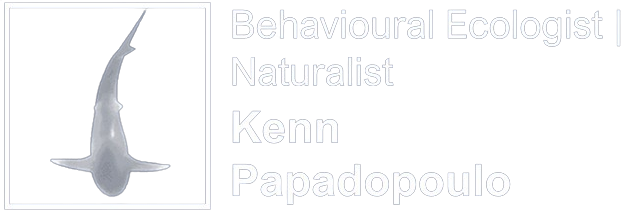Projects
ECOSUMA

-- 2020-2023
Ecology of wild common octopus: towards sustainable management and aquaculture.
175 450 € – Programa Estatal de I+D+i Orientada a los Retos de la Sociedad.
Partners of the project: Department of Ecology and Marine Resources, IIM-CSIC (Spain).
PI: Angel González (IIM-CSIC).

The Project
The primary aim of this project is to delve into the wild and explore the key obstacles hindering the comprehensive rearing of the common octopus (Octopus vulgaris). Specifically, we will focus on understanding the ecology of pre-settled planktonic paralarvae (those with more than 3 suckers per arm) washed into offshore waters, as well as the dynamics of subadult individuals (merobenthic animals) upon reaching the fishing grounds near the coast. Our investigation will shed light on the trophic interactions of the common octopus during these crucial phases in an area subject to seasonal upwelling, aiming to progress towards an ecosystem-based approach for managing this socioeconomically significant cephalopod resource. Moreover, the knowledge garnered from this endeavour will be leveraged to facilitate the transition towards sustainable large-scale culture of this economically important cephalopod, a feat not previously achieved.
Additionally, we will examine the transmission of zoonotic parasites through the marine trophic web involving the common octopus—a critical aspect responsible for significant economic losses in the fishing industry due to the increasing prevalence of parasites in the edible parts of marine resources. These parasites also pose serious health risks to humans, including allergies and other health complications.
Furthermore, this project aligns closely with Challenge 5 of the Spanish Strategy for Science, Technology, and Innovation, focusing on climate action, environmental protection, resource efficiency, and raw materials. By utilizing historical data obtained from previous projects, we aim to investigate changes in the abundance of paralarvae and climatic parameters in the study area, implementing a biobank under ISO 9001 regulations to ensure comprehensive data and sample traceability.
Additionally, the study of the spatial ecology of O. vulgaris aligns with the objective of maritime spatial planning (MSP) in the EU, ensuring sustainable human marine activities. To disseminate our findings, we will adopt a multifaceted approach. Initially, we will establish a biobank containing data and samples of cephalopod paralarvae and zooplankton on a multi-decadal scale. Subsequently, we will make project information and related activities accessible to researchers in the field. Finally, we will develop a dedicated website to serve as a repository for project documentation, student opportunities, meeting updates, data reports, and scientific publications. Additionally, we will engage with the media to raise awareness about the importance of our work and the nature of scientific inquiry.

Figure. Octopus vulgaris. Drawing by Gerardo Fernández Carrera.

Figure. Divers releasing the tagged individual, picture taken by José Irisarri.





